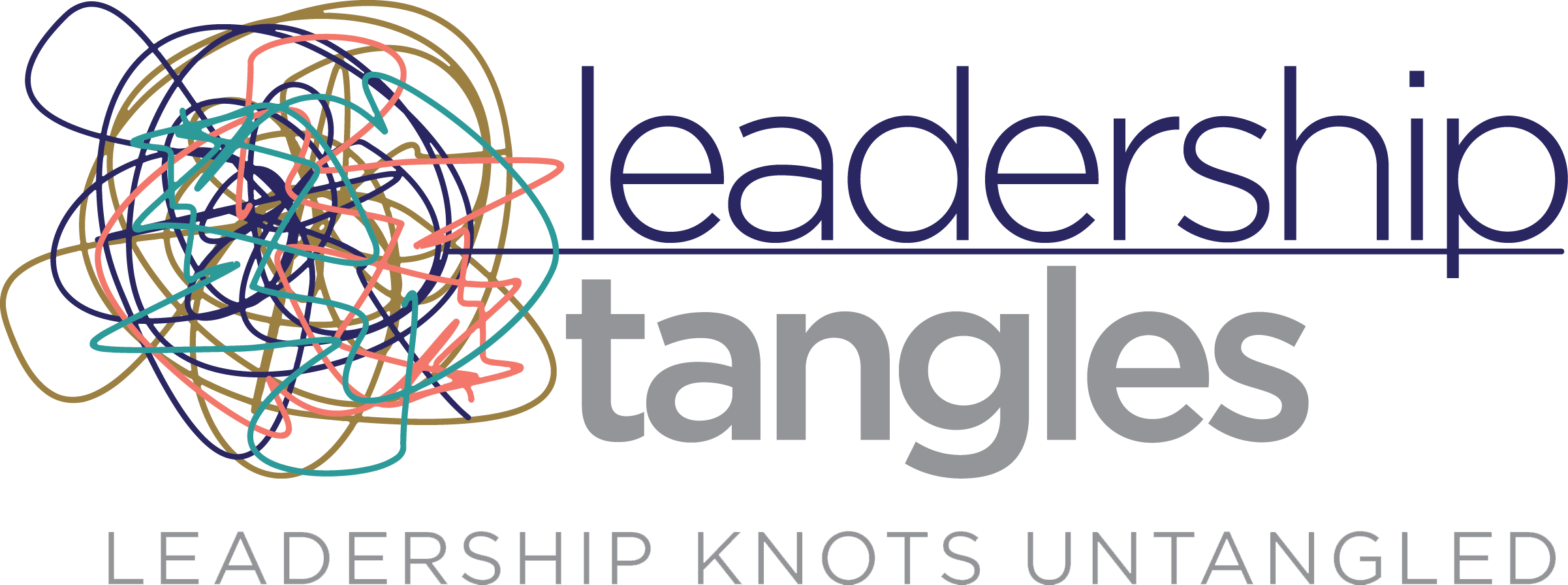 Earlier this week, I received a call from a sergeant in our local police department. He didn't leave a specific message, although he said he was from the narcotics division and asked me to call him back. Last August 2008, I had parked my car in front of our home in a nice neighborhood in San Francisco. When I went outside, the whole front of my car was gone. The hood, bumpers, and half of my engine. Needless to say, I was angry and shocked. I eagerly called the sergeant back, thinking that they had caught the criminals who had destroyed my car.
Earlier this week, I received a call from a sergeant in our local police department. He didn't leave a specific message, although he said he was from the narcotics division and asked me to call him back. Last August 2008, I had parked my car in front of our home in a nice neighborhood in San Francisco. When I went outside, the whole front of my car was gone. The hood, bumpers, and half of my engine. Needless to say, I was angry and shocked. I eagerly called the sergeant back, thinking that they had caught the criminals who had destroyed my car. 
When I finally reached the officer, he explained that someone had filed an anonymous complaint, suggesting drug activity in close proximity to our home. Puzzled, I told him that he could certainly investigate further, after I had checked with our local police captain. I explained that I had sponsored a personal safety event last fall, featuring the San Francisco police chief, Heather Fong, as well as other city officials. A few minutes later, the officer called me back. He was apologetic and said he had re-checked his records. He had transposed some numbers and had the wrong address. He apologized profusely for causing me personal stress and offered to help me out in any way should the need arise. He said that he knew he represented the police department and wanted to make sure that his actions did not reflect badly on the department. I knew that there had to be a misunderstanding, and was nevertheless amazed at this officer's level of personal accountability. After speaking to me, he realized that something was not adding up and went back to check on the facts. He nipped a potential public relations problem in the bud. My level of respect and trust for our local police department went up a notch.
Compare this to Bernard Madoff, who is now sitting in jail. According to today's Wall Street Journal, Madoff stated that he knowingly perpetrated a fraud and let it ride for nearly twenty years. According to some of his victims, he did not demonstrate remorse. Based on Madoff's statement, he made a decision to take money from new investors in order to provide his institutional investors continuing high returns. He thought he could make it up and ultimately found out he couldn't. Thousands lost their life savings and Madoff is an international disgrace. The situation is a tangled mess. What if Madoff, like the San Francisco police sergeant, had realized something was wrong, copped to it, and acted responsibly?
The lesson here for leaders is obvious. Each decision and interaction moves relationships forward or backwards. Each decision and interaction also creates opportunities to be ethical or unethical. What will your choices be today?




